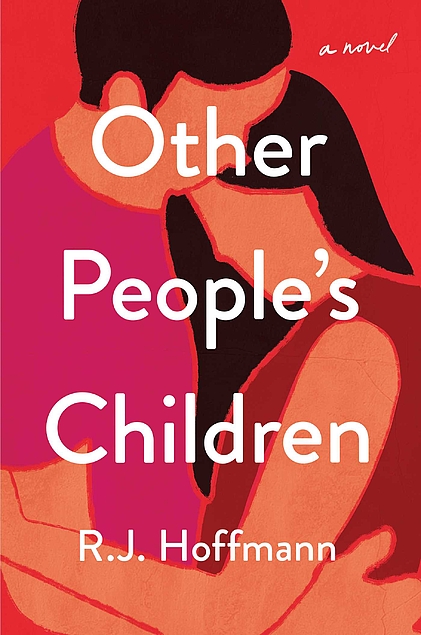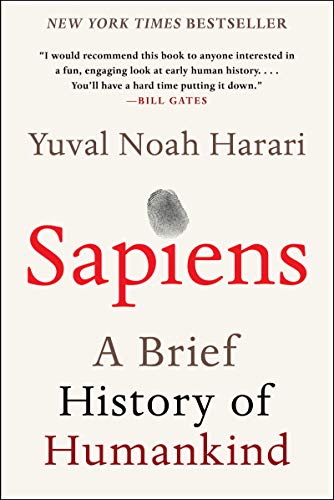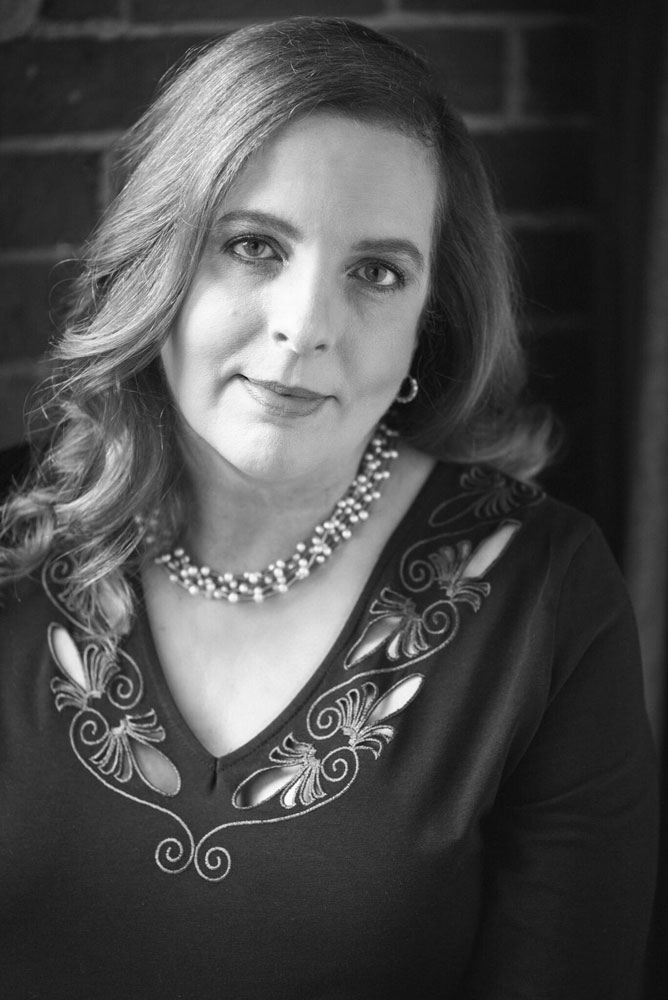Anne Sharp is 31 years old. Her mother has died and her adoring father has inexplicably abandoned her. Gently raised and alone in the world save her old nurse, she has few options for her future life. She can accept the marriage proposal from the leering and odious lawyer who tells her of her straightened circumstances or she can take one of the only other avenues available to an educated woman in the early 1800s in England: she can become a governess. Although being a governess is a rather tenuous position, neither upstairs nor downstairs and employed completely at the discretion of the master or mistress of the house, it is still a respectable position. Anne takes up her first post at Godmersham Park, the Kent estate of Edward Austen, as the governess to 12 year old Fanny Austen, the oldest child and daughter of the house.
As Anne settles into her role as governess she must learn her place adjacent to the family. She suffers the animus of many of the other servants but she genuinely likes her charge and finds life at Godmersham Park mostly comfortable and untaxing. She is lonely though. She doesn't entirely approve of Henry Austen, Mr. Edward's good humored and playful brother who visits often. He is much beloved by the family and while Anne sometimes enjoys sparring with him, she is also always cognizant of her place and incredibly frustrated when he teasingly crosses lines that could cost her. When the newly widowed Mrs. Austen, Cassandra Austen, and Jane Austen come to Kent, Anne's intellect can shine and she revels in their comfortable and welcoming company. But that shining may be one more piece in her eventual downfall.
Hornby has created an intriguing and certainly possible backstory for Anne Sharp. The narrative goes back and forth between the present of Anne's life in the Austen household and her past as she tries to understand why she has been forsaken by her father. The reason is quite obvious to the reader though, even if not to Anne. There are glimpses of Anne's skill as a teacher and her great understanding of the pitfalls of being a woman in her time, especially one who has no wish to marry. She is both an advocate for women's right to self-determination and freedom and very cognizant of reality. The book is historically accurate and Hornby has woven fact and fiction together seamlessly, using Fanny's childhood diaries as a major source for her characterizations. This is not a Jane story but it is smart and compelling (and sometimes horrific) and gives an intriguing glimpse into the well to do life of Edward Austen, his family, and into the life of an intelligent and perceptive governess during her two years with such a family.
For more information about Gill Hornby and the book, follow her on Twitter orInstagram, look at the book's Goodreads page, or look at the reviews for others' thoughts and opinions on the book.
Thanks to Laurel Ann from Austenprose and publisher Pegasus Books for sending me a copy of the book to review.


 Not my best week in terms of moving things off the tbr mountain! This meme is hosted by Kathryn at
Not my best week in terms of moving things off the tbr mountain! This meme is hosted by Kathryn at 



 It's been a long time since I did this but I thought I'd try again, especially since I got some fabulous looking books this past week. This past week's mailbox arrivals:
It's been a long time since I did this but I thought I'd try again, especially since I got some fabulous looking books this past week. This past week's mailbox arrivals:






























